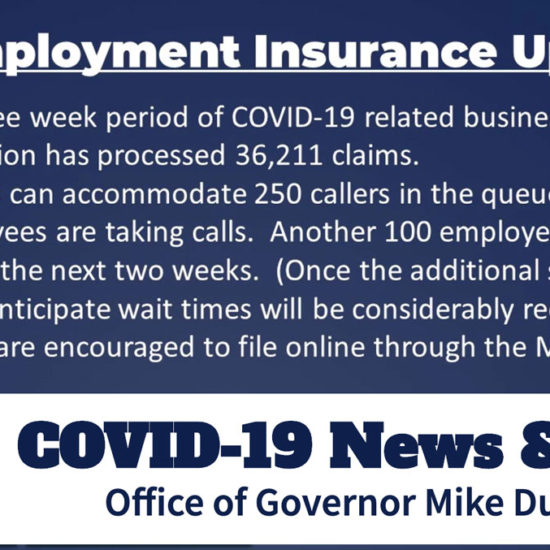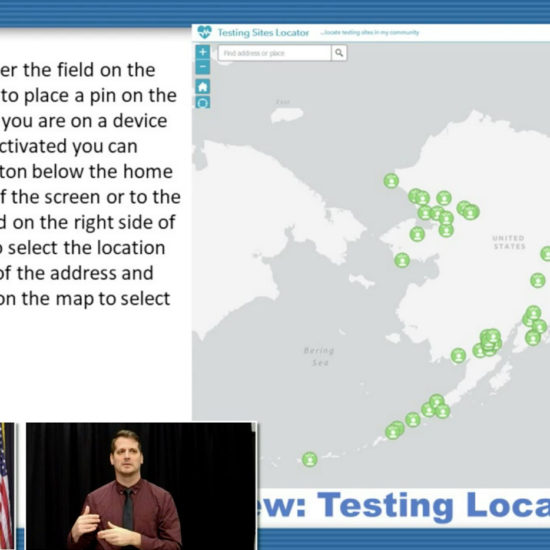
Americans have the luxury to use some of the most modern communication technology available. Our government bureaucracy, at the federal, state and local levels, has an even broader opportunity for fast, efficient communications and access. However, some agencies, particularly in law enforcement, now face the conundrum of using sophisticated, covert communication systems as monitoring devices and for evidence. Partnerships are arising between tech companies and police agencies. Absent disclosure of such collaboration to the constituencies they protect and serve, defining ethical parameters for law enforcement surveillance is a relevant concern as a matter of public policy.
Alaska now has police departments making decisions to acquire and use surveillance technologies without notifying the public or their elected officials. Governmental transparency seems to go against the grain of established law enforcement protocols. Here’s the latest from Amazon Ring on its collaboration with Alaskan police agencies:
- October 15th, 2019 – Seward Police Department activated Amazon Ring Partnership
- November 21st, 2019 – Valdez Police Department activated Amazon Ring Partnership
A growing concern related to the debate on informed consent and disclosure is whether or not there was public notification or city council discussion before the activation of the Amazon Ring surveillance partnership in the city of Seward. Disturbingly, a review of local council meetings, newspaper articles, and social media around the date of activation shows no interaction or communication with the public about a partnership.
Seward Police Department Mission Statement:
The Seward Police Department is dedicated to providing honest, efficient, and effective Law Enforcement Services.
We are committed to providing the highest quality of service, preserving human rights, lives and property, and working in partnership with our citizens to meet the challenges of reducing crime and encouraging voluntary compliance with all laws.
Valdez Police Department Mission Statement:
“Our mission is to provide excellent service and protection through leadership and partnership with the community“
City councils and governing bodies should be empowered to decide if and how surveillance technologies are used. This requires public input over those decisions. Disclosure and assessment are fundamental tenets and expectations of our American government at all levels, from a nationwide vantage point to the smallest towns and cities. Yet, the behavior of our local police is not unique; surveillance partnerships are a growing trend.
As Evan Greer, the Deputy Director of Fight for the Future portends, “Amazon’s privately-owned surveillance dragnet is expanding incredibly quickly, with zero public discussion, oversight, or accountability. Local elected officials should act immediately to review existing partnerships and prevent law enforcement agencies from entering into future ones without community discussion and oversight.”
Alaskans pride themselves on privacy and independence. Privacy is specifically mentioned in our Alaska State Constitution as a defined right. The National Conference of State Legislatures (NCSL) reports only 11 states (Alaska, Arizona, California, Florida, Hawaii, Illinois, Louisiana, Montana, New Hampshire, South Carolina, and Washington) have specific provisions relating to or referencing a right to privacy.
http://www.ncsl.org/research/telecommunications-and-information-technology/privacy-protections-in-state-constitutions.aspx
§ 22. Right of Privacy
The right of the people to privacy is recognized and shall not be infringed. The legislature shall implement this section. [Amended 1972]
Our Government’s access and use of personally-owned surveillance cameras erode our privacy. For many, it’s disheartening to witness two powerful institutions in Alaska (Amazon and local law enforcement) so actively and concertedly pursue their mutual interest in Alaskan communities with unregulated surveillance.
Amazon, in the last week of August 2019, agreed to share publicly a list of where it has police partnerships. At that time, there were 405 such agreements. As of November 15th, however, that map now boasts 630 police partnerships which is a 50% increase.
Your Privacy vs. Amazon Ring
According to Amazon, the fault lies with the consumer and the police departments. In the pair of replies (PDF 1, PDF 2) to U.S. Senator Edward Markey (D-MA) dated October 10th, 2019, Ring repeatedly deflects responsibility for the contents of consumers’ personal footage and the police departments that covertly acquire the videos absent consumer knowledge.
Senator Markey question to Amazon Ring shared below, please see linked PDF for full response:
Question: Please describe what procedures and requirements, if any, prohibit law enforcement from issuing widespread requests for footage throughout a neighborhood without any evidence that access to this footage will help address a specific crime.
Section 1, bullet 2 Answer by Amazon “• local police can only ask for videos in an area covering a minimum 0.025 square miles (to avoid targeting specific residents) and a maximum of 0.5 square miles;” Full Response
Because of the state’s size, and platting and zoning ordinances often requiring dispersed property lines and distance between dwellings, making the .025 minimum square miles to avoid targeting specific residents becomes nearly impossible. Police will know who they are targeting in many of our rural neighborhoods. As for regulations and statutes on the partnership between Ring and local police as stated above, I am not aware of any regulations.
If the police have probable cause to believe a camera contains evidence of a crime, and upon being solicited for said video footage the owner refuses to turn it over, most would assume an officer must go to a judge to secure a warrant. Surprisingly, this isn’t the policy with Amazon Ring because it is part of a cloud-connected network. The release of Ring video footage and data to a law enforcement agency is at the discretion of the company and the police agency will need a case number to access the portal. A case number is not a warrant. In the document on Ring Support, Law Enforcement Legal Process Guidelines, it states under Other Information: “Ring reserves the right to provide information to law enforcement, without legal process, in order to respond to an imminent threat of harm to any person.” If Ring decides to release your personal video footage – they can, and you won’t even know. Amazon’s policy leaves customers vulnerable to the capture of personal information with little recourse and minimal disclosure.
What’s worse, Ring’s terms of service allow for such undivulged personal information access. BuzzFeed pointed out earlier this year:
“You hereby grant Ring and its licensees an unlimited, irrevocable, fully paid and royalty-free, perpetual, worldwide right to re-use, distribute, store, delete, translate, copy, modify, display, sell, create derivative works from and otherwise exploit such Shared Content for any purpose and in any media formats in any media channels without compensation to you.”
The American Civil Liberties Union and Electronic Frontier Foundation have repeatedly expressed concerns about Ring, facial recognition technology, and both technologies used in parity. Ring is exploring the use of facial recognition as a new feature to be released in the coming years. Staff attorney Mohammad Tajsar of the ACLU of Southern California told the Associated Press that the potential for facial recognition in Ring products raises significant concerns. “Even if you don’t sell data or provide data to law enforcement, you’re creating a mechanism whereby people can express latent biases and racism and classism in a portal that encourages it.”
The underlying policy concern remains the question of how we promote transparency, the public’s welfare, civil rights, and civil liberties in all decisions regarding the funding, acquisition, company partnership, and deployment of surveillance equipment by local police departments. Shouldn’t the public and city councils have a say and be afforded input on the record?
Included in this article is the November 2019 Seward City Council public testimony of Carolyn Roemer, who was the first speaker for testimony starting approximately two minutes into the video. As Roemer reminds, “The price of freedom is eternal vigilance.” Her heartfelt and concerned account of how the Seward Police Department partnered with Ring absent public involvement or discussion with the city council motivated me to write this second article.
Intriguingly, I discovered now a second Alaskan police office, in the City of Valdez, is partnering with Amazon Ring. Alaskans should be apprised of the fact the Ring, and future personal and publicly used technologies, are being incorporated into local law enforcement’s arsenal of criminal investigation and evidentiary tools. Ultimately, it’s the responsibility of citizens to safeguard civil liberties. Surveillance partnerships that happen without the involvement of elected officials run roughshod over the safeguards in our local communities, state constitution, and civil rights. And it’s doubtful, at the end of the day, that anyone wants this outcome.
By Sarah Paulus
Local Alaskan
paulus.designs@gmail.com
Note: Seward Police had not responded to emailed questions sent two weeks ago concerning the partnership with Ring at the time of this publication.
Other Related News Articles on Amazon Ring Police Partnership
Amazon Ring blasted over lack of privacy, civil liberties …
SENATORS PRESS AMAZON FOR ANSWERS ON RING’S SLOPPY SECURITY PRACTICES
Website Calls for Investigation of Ring, Gets Blocked by Facebook
Senators ask Bezos for answers on how Amazon’s smart doorbells retain videos and personal data
Amazon’s Ring doorbell camera is pretty much the Trojan horse of home privacy
Police can keep Ring camera video forever and share with whomever they’d like, Amazon tells senator
Amazon has considered facial recognition in its Ring doorbells
Cited Sources











